Explore the gun control legislation debate with viewpoints from across the nation. From the fiery discourse on the right to bear arms to the contentious issue of arming teachers, we’ve compiled perspectives that will challenge, inform, and leave you wondering where the truth lies. Discover the battleground of opinions that shape this ever-evolving conversation.
The Right to Bear Arms
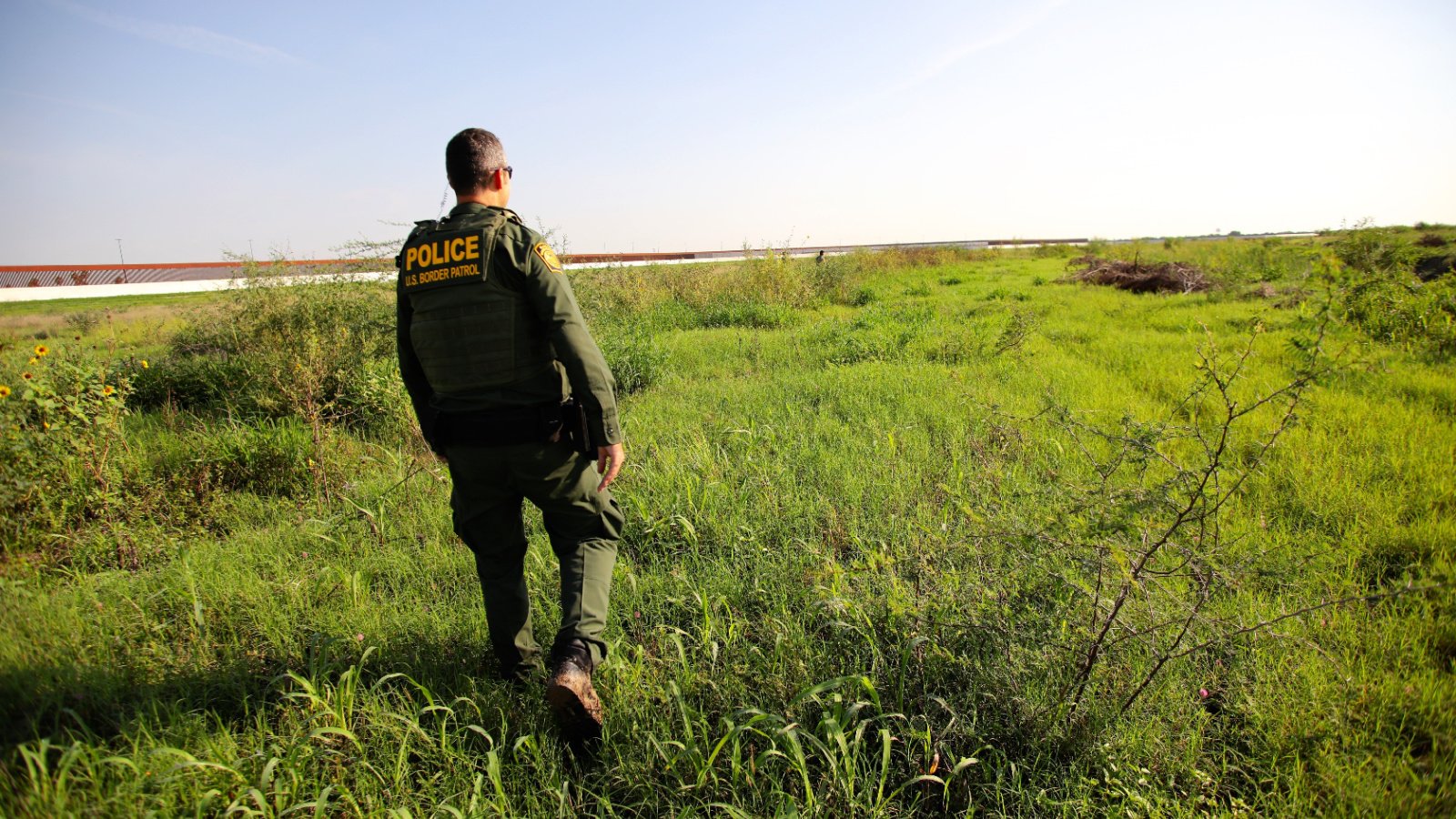
The Second Amendment guarantees individuals the right to bear arms, a point fervently defended by gun rights advocates. They argue that it ensures personal safety and deters crime. Critics, however, fear that this freedom contributes to the high rates of gun violence.
Background Checks

Background checks are touted as a necessary step to prevent firearms from falling into the wrong hands. Supporters believe they are crucial for safety, while opponents see them as an unnecessary intrusion. The debate continues as both sides balance security and personal liberty. They are seen as a first line of defense in a complex issue.
Mental Health and Guns

The intersection of mental health and gun ownership is a contentious topic. Advocates for stricter control argue that preventing those with mental illness from accessing guns is common sense, while others worry about stigmatizing mental health issues.
The Assault Weapons Ban

The debate over banning assault weapons is highly polarized. Proponents argue these firearms are too often used in mass shootings, while opponents claim they are necessary for self-defense. The discussion often centers on what exactly qualifies as an “assault weapon.” This remains a hot-button issue in the broader gun control conversation.
High-Capacity Magazines
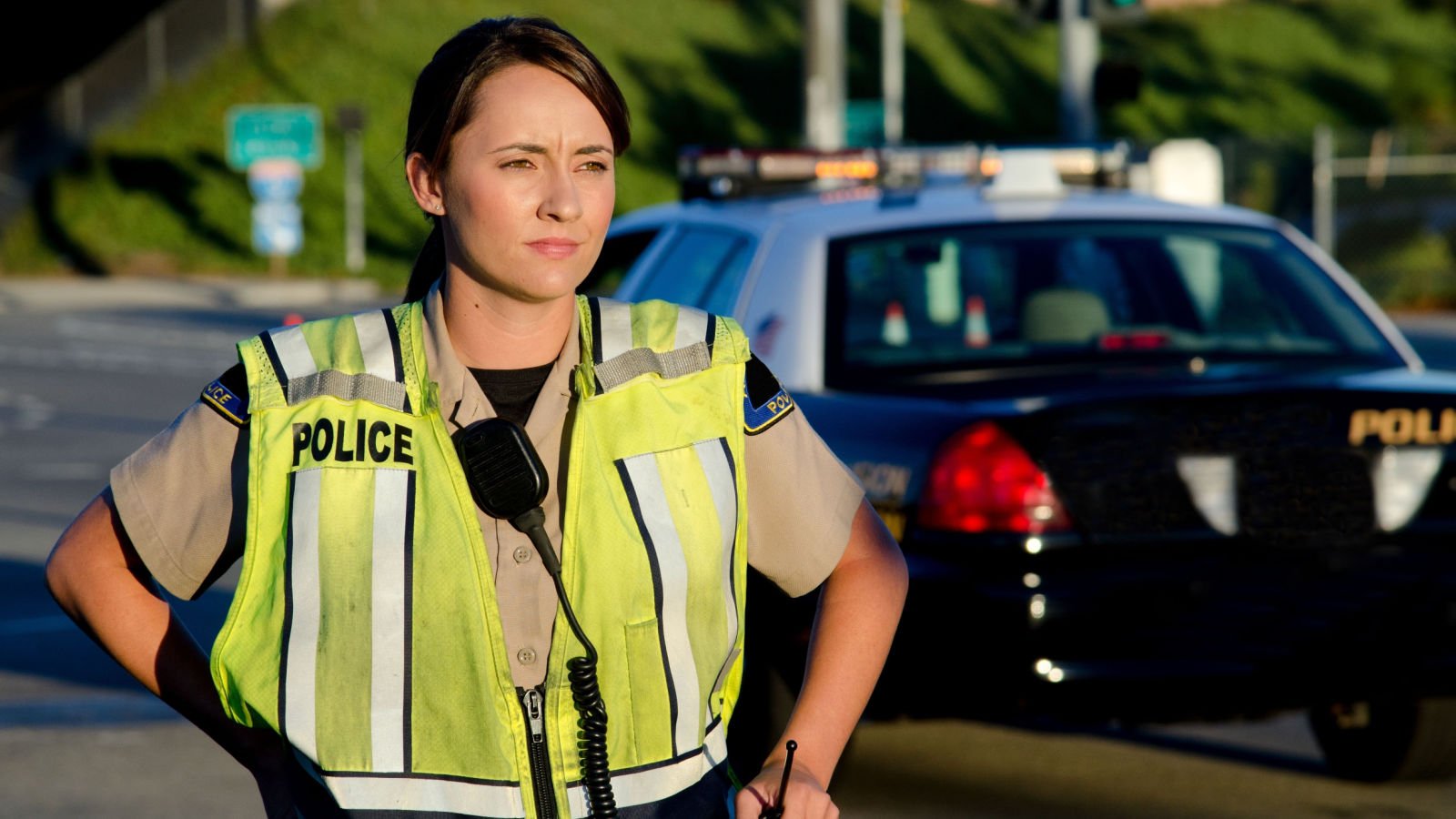
High-capacity magazines allow shooters to fire numerous rounds without reloading, a feature some find necessary for self-defense. However, critics argue they enable mass shooters to inflict more damage. The debate often revolves around where to draw the line on capacity.
The Gun Show Loophole
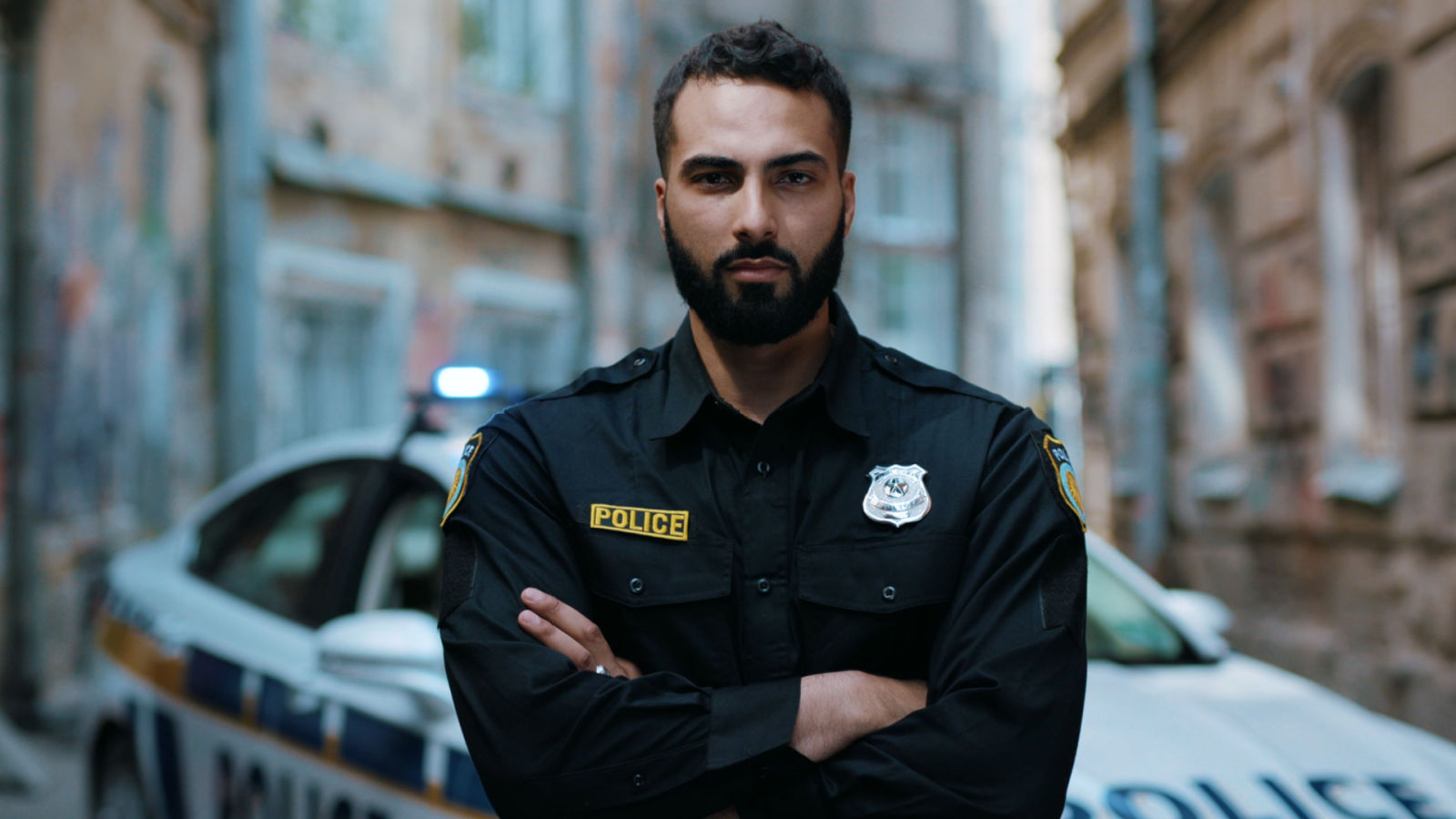
The so-called “gun show loophole” allows private sellers to sell firearms without background checks. Advocates for closing the loophole believe it will reduce gun violence, while opponents see it as an infringement on personal rights. This issue highlights the ongoing tension between regulation and freedom. Both sides continue to argue the implications for safety and liberty.
Arming Teachers

The idea of arming teachers as a deterrent against school shootings is highly controversial. Proponents argue that it would provide an immediate line of defense, while critics worry it introduces more risks than it mitigates. The debate often focuses on the effectiveness and implications of such a policy. Schools remain a central focus in the gun control debate.
Concealed Carry Reciprocity

Concealed carry reciprocity would require all states to recognize concealed carry permits from other states. Supporters say it’s a matter of Second Amendment rights, while opponents fear it will lead to a “race to the bottom” in gun safety standards.
Red Flag Laws

Red flag laws allow authorities to temporarily confiscate guns from individuals deemed a threat. Advocates argue these laws can prevent tragedies, while critics worry about due process and the potential for abuse. The discussion often revolves around the balance between public safety and individual rights. These laws continue to provoke intense debate.
The Influence of the NRA

The National Rifle Association’s influence in the gun control debate is undeniable. Supporters see it as a bastion of freedom, while critics accuse it of blocking sensible reforms. The organization’s political contributions and lobbying efforts are often at the center of this discussion. Its role and influence remain a critical point of contention.
Gun-Free Zones

Gun-free zones are areas where firearms are prohibited, typically schools and certain public spaces. Proponents argue they make these areas safer, while opponents contend they leave people defenseless. The effectiveness of gun-free zones continues to be a divisive topic.
Smart Guns

Smart guns, designed to fire only when used by their authorized owner, are a proposed solution to prevent accidental shootings and thefts. Advocates see them as a way to increase safety, while opponents fear they may be unreliable. The debate extends to the potential for government mandates on such technology. The conversation about smart guns is at the intersection of technology and safety.
The Role of Video Games

The role of violent video games in promoting a culture of violence is often debated. Some believe these games desensitize individuals to violence and can contribute to aggressive behavior, while others see no proven link. The discussion reflects broader concerns about media influences on behavior. This remains a contested and complex aspect of the gun control debate.
Interstate Trafficking
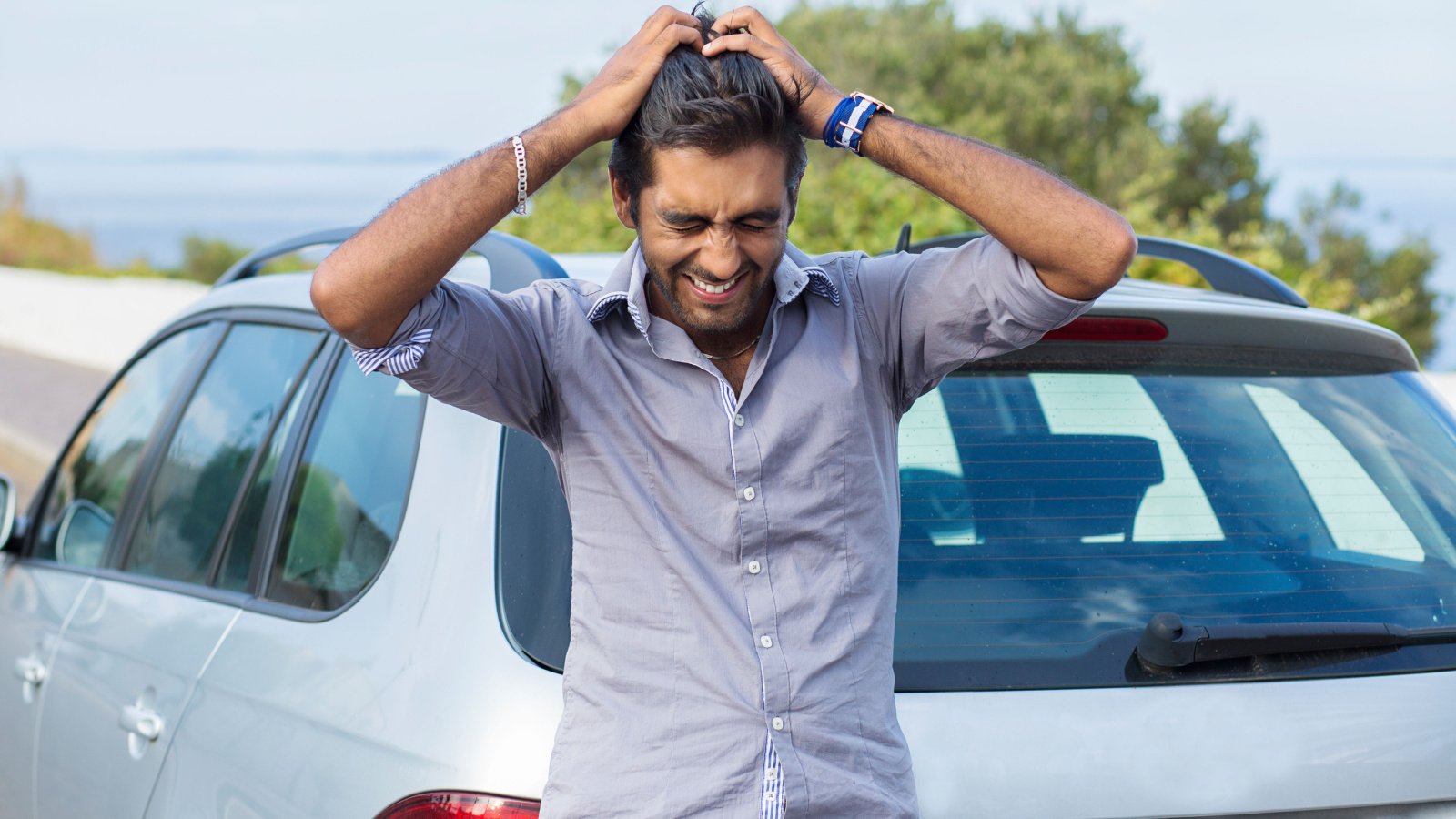
Interstate trafficking of firearms complicates efforts to control gun violence. Supporters of stricter laws argue that without federal regulations, guns easily move from states with lax laws to those with strict laws. Opponents, however, see this as a federal overreach.
The Cost of Gun Violence

The economic and emotional cost of gun violence is staggering. Advocates for stricter gun control highlight the healthcare, legal, and societal costs associated with shootings. Critics, however, argue that the focus should be on the perpetrators, not the tools they use. The debate extends beyond morality into the realm of economics and practicality.
Self-Defense

The right to self-defense is a fundamental aspect of the gun ownership debate. Many see owning a gun as the best way to protect themselves and their families. Critics, however, question the prevalence of defensive gun use and the potential for escalation. The narrative often includes personal stories and statistical analyses.
Cultural Attitudes Toward Guns

Cultural attitudes toward guns vary significantly across regions and demographics. In some areas, guns are seen as a part of heritage and daily life, while in others, they are viewed with suspicion. The debate often reflects deeper societal values and histories.
Police and Gun Control
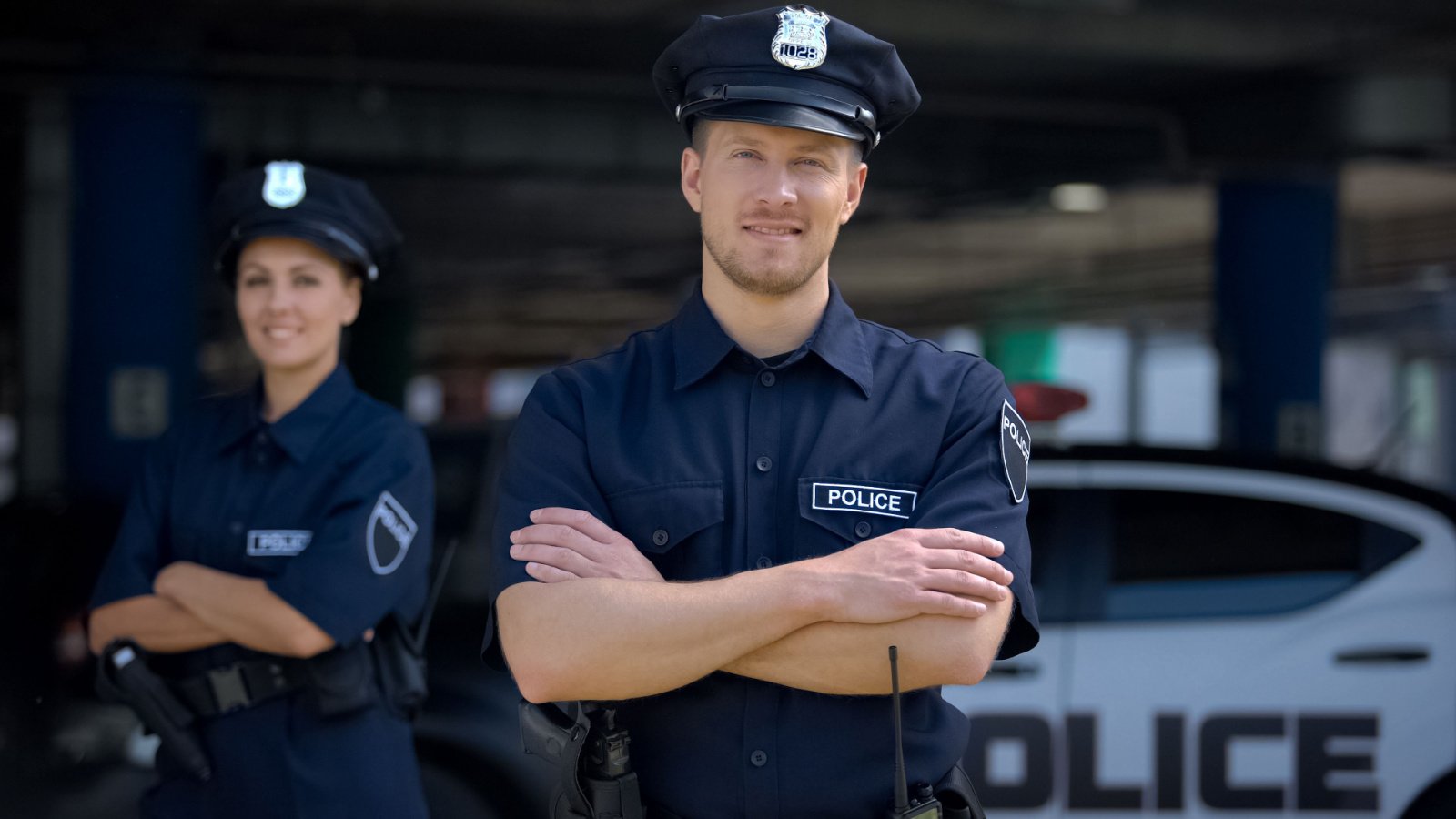
The role of police in enforcing gun laws is another point of debate. Some advocate for more police discretion in gun-related incidents, while others fear this could lead to abuses of power. The discussion often includes concerns about racial and socioeconomic biases. The relationship between law enforcement and communities is a key aspect of this conversation.
International Comparisons
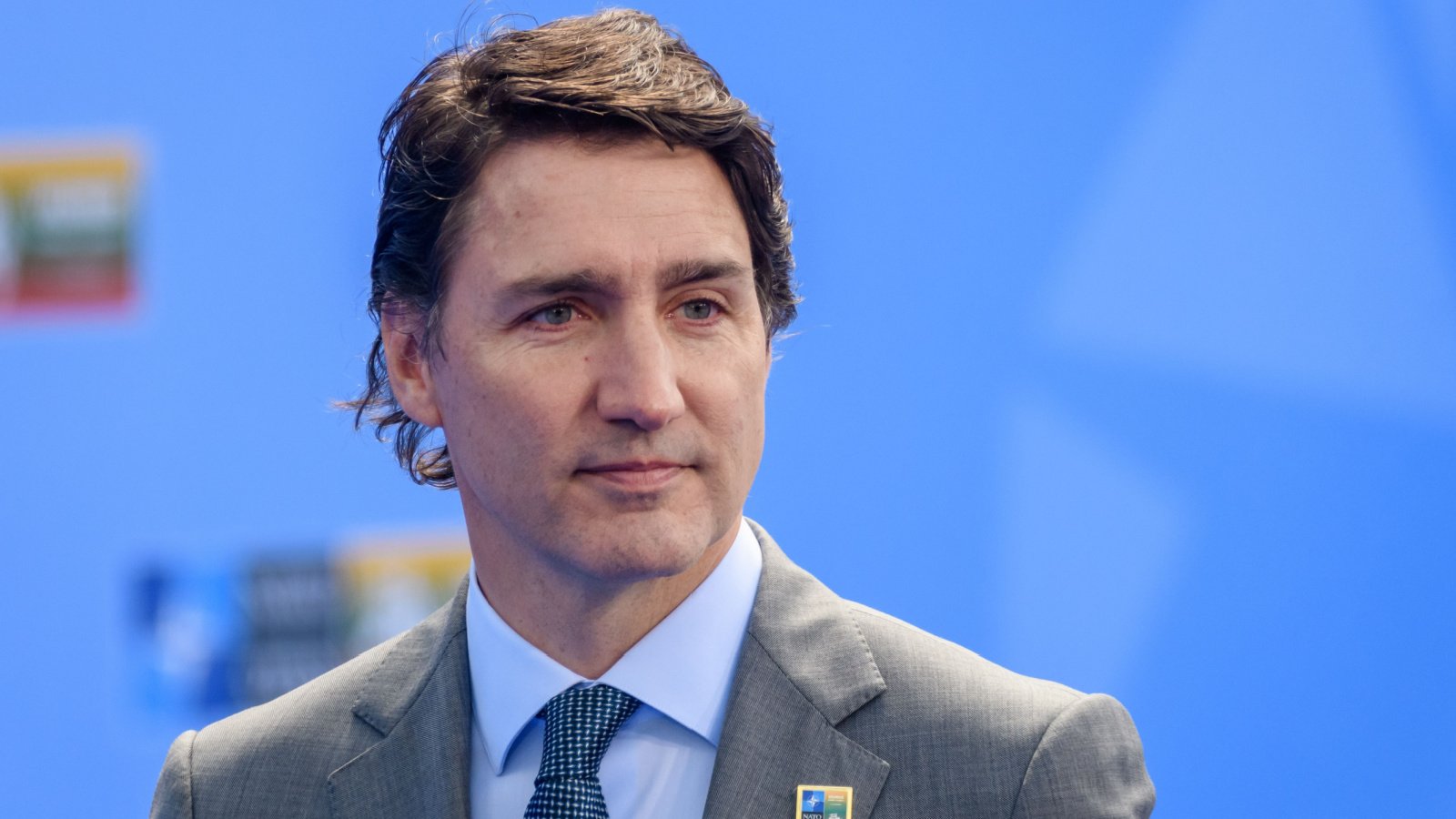
Comparing the United States to other countries with stricter gun laws is common in the debate. Advocates for tighter restrictions point to lower rates of gun violence abroad, while critics caution against ignoring cultural and legal differences. The global perspective offers a broader context for understanding potential solutions. Each country’s approach provides insights and lessons.
Youth Activism

The rise of youth activism, especially following school shootings, has brought new energy and perspectives to the debate. Young activists argue for their right to safety, often pushing for significant reforms. Critics question their experience and the feasibility of their proposals.
Legislative Gridlock
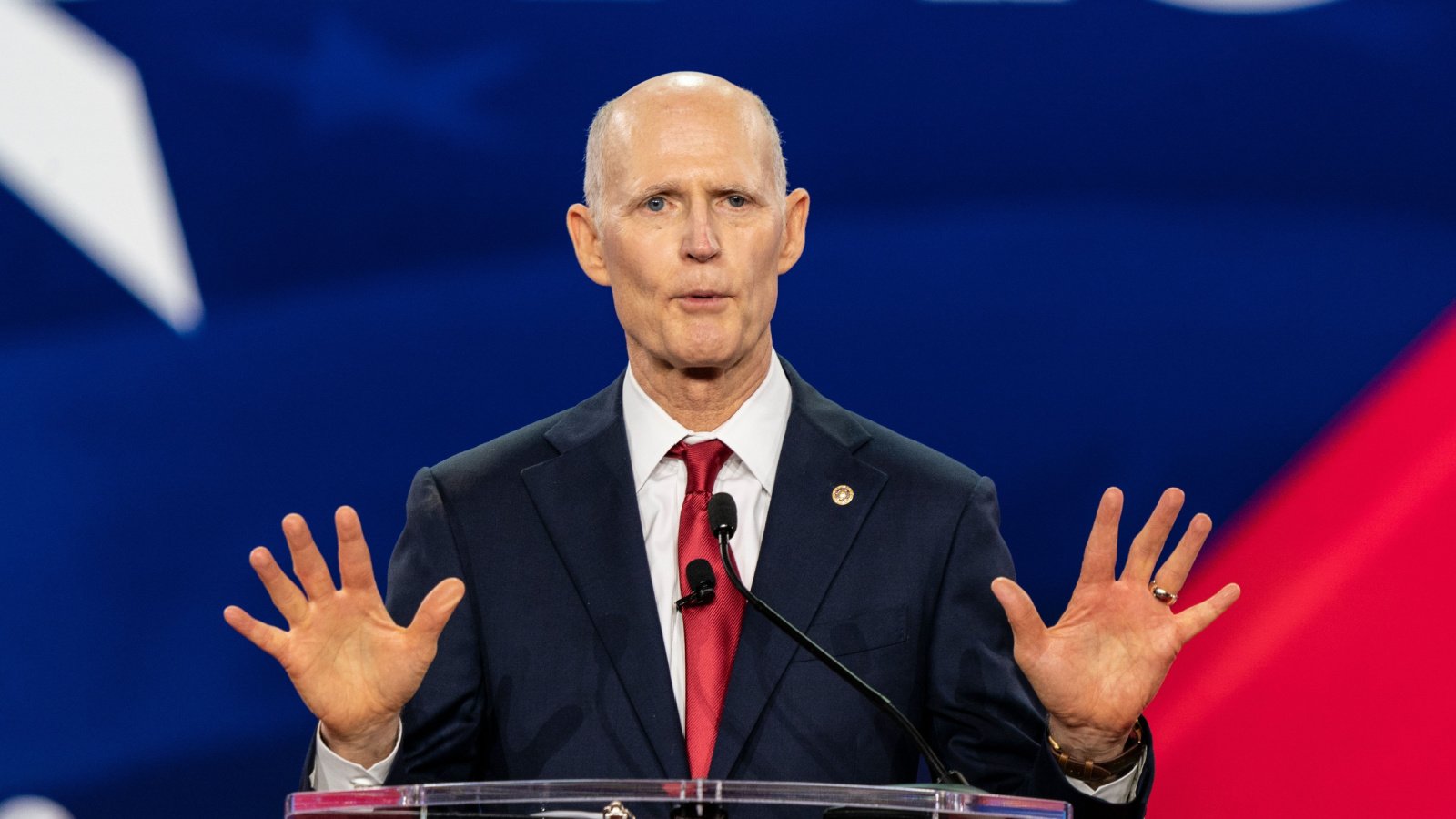
Legislative gridlock is a significant barrier to any change, with deep divisions in Congress reflecting the nation’s split. Advocates on both sides express frustration over the inability to pass reforms. The discussion often includes the role of political parties, special interests, and public opinion. This gridlock is a testament to the complexity and passion surrounding the issue.



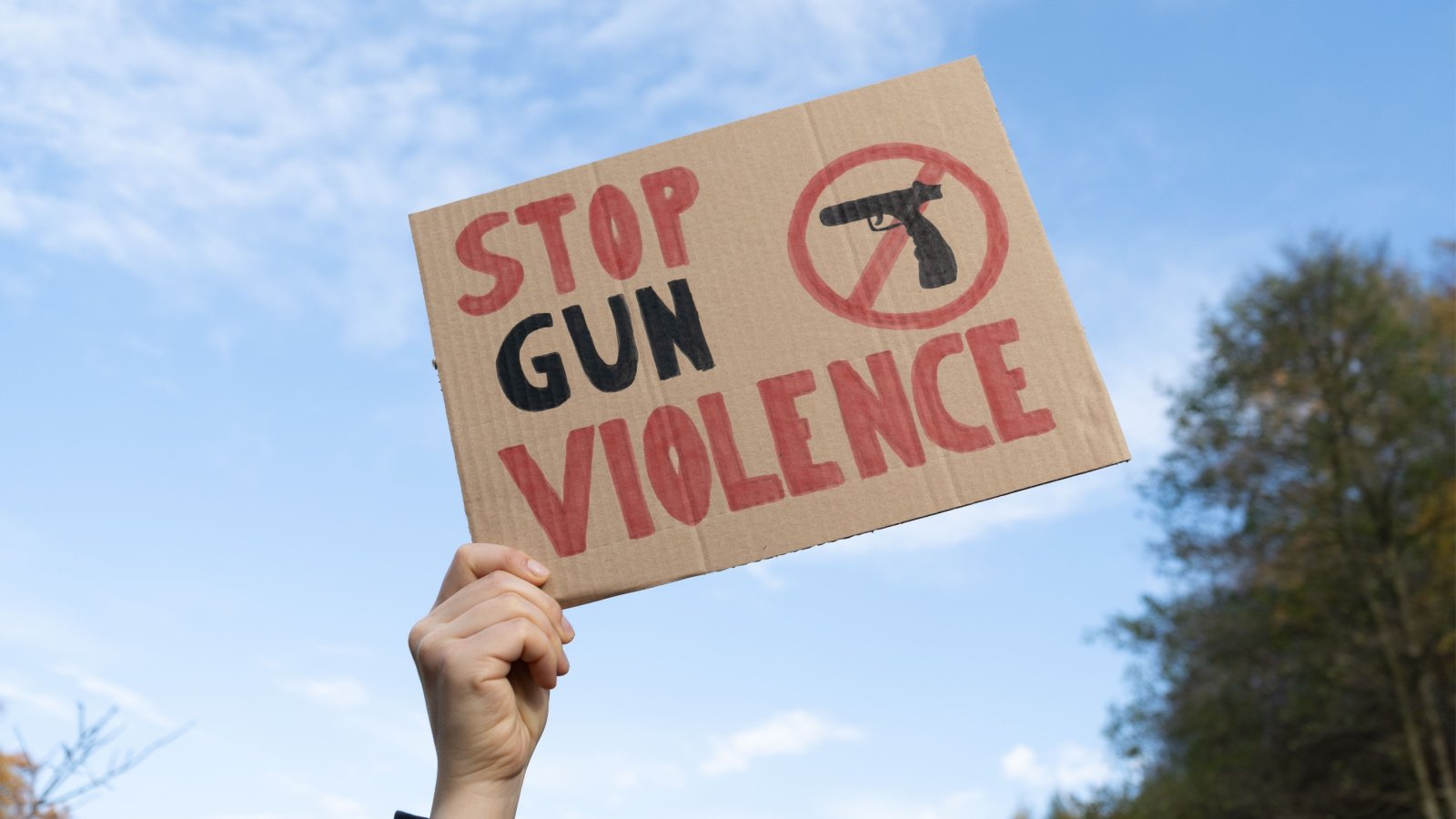


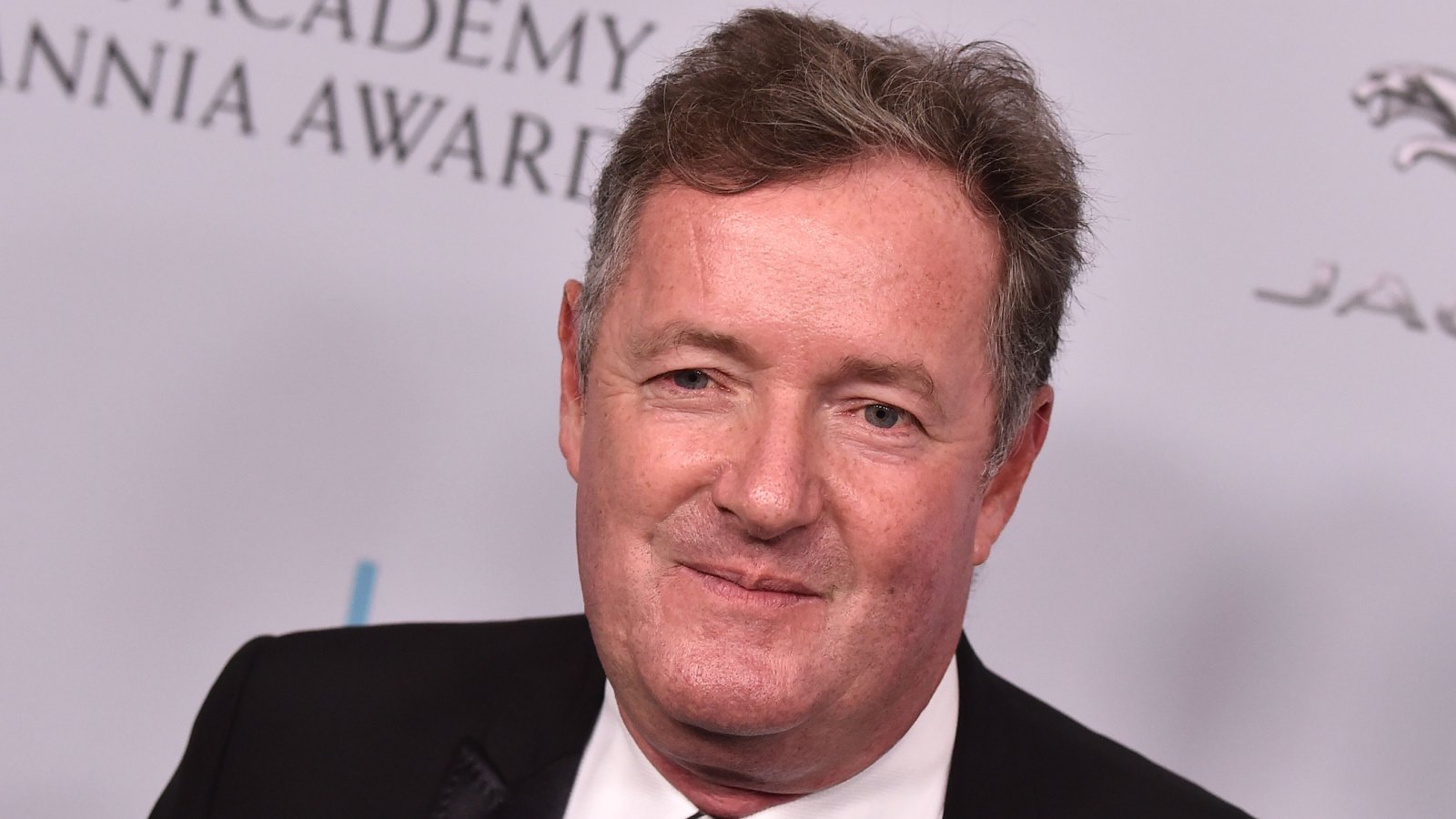
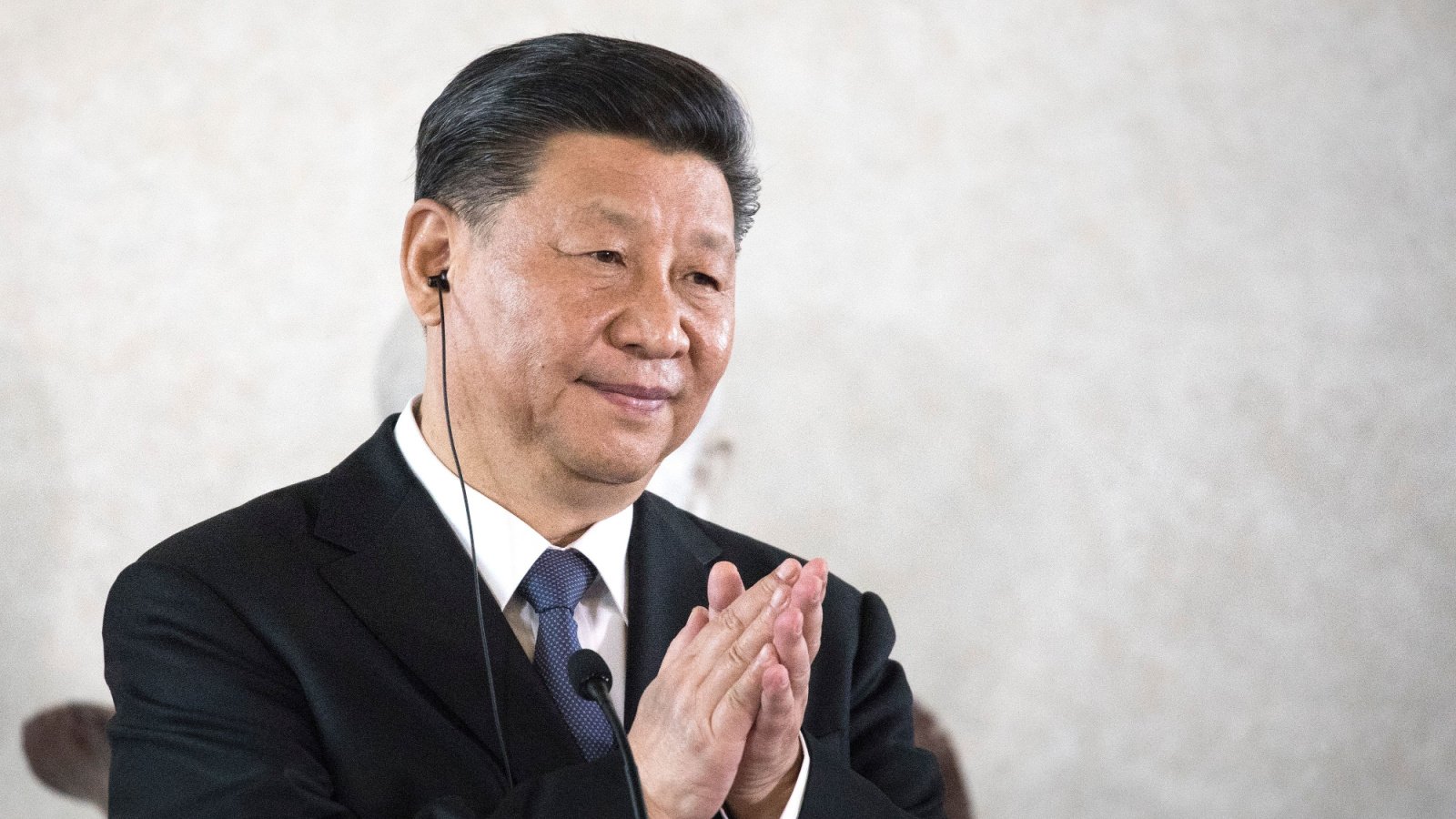
好文!2026年世界杯越来越近了,让我们共同期待这场全球足球盛宴。日期:2025-11-15 08:35:47 (-03)。
Awesome post! Join the fun at https://ws-sco-whatsapp.com Keep your conversations in one place with WhatsApp Web. . Date: 2025-12-24 13:14:05 (-03).